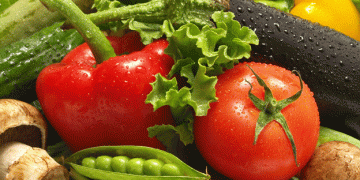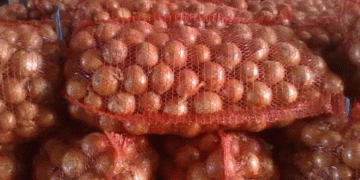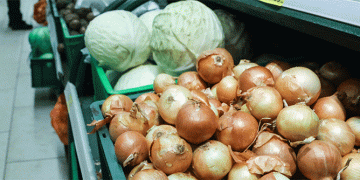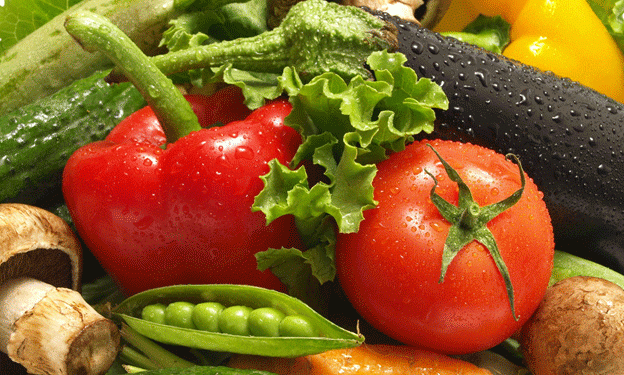The Spanish agricultural sector is facing increased competition from imported fruits and vegetables, a trend that has alarmed industry experts. According to data from the Spanish Federation of Fruit, Vegetable, Flower, and Live Plant Exporters (FEPEX), imports of fresh produce reached 1,941,078 tons from January to May 2024, representing a 3.76% increase compared to the same period in 2023. The value of these imports grew even more significantly, rising by 12.33% to €2.272 billion.
Vegetable Imports Surge Despite Strong Domestic Supply
Vegetables have seen the most substantial growth in imports. During the first five months of 2024, Spain imported 989,459 tons of vegetables, an increase of 8.6% from the previous year. Potatoes led the list with 637,000 tons, marking an 8.68% increase, while onion imports decreased by 11.88%, totaling 89,978 tons.
One of the most striking trends is the sharp rise in pepper imports, which grew by 47% to 52,346 tons. Despite Spain’s significant domestic pepper production, the country is importing more of this crop, a situation that reflects broader challenges within the sector. Tomato imports also remained high at 42,880 tons, showing only a slight decrease of 2%, despite strong national production. Other vegetables like cucumbers and garlic experienced significant import increases as well, with cucumbers up by 40% to 9,986 tons and garlic surging by an astonishing 153% to 11,491 tons.
The total value of imported vegetables during this period reached €760 million, a 16.47% increase. This growth in value indicates not just a rise in the volume of imports, but also an increase in the price of these imported goods.
Fruit Imports Experience Mixed Trends
In contrast to vegetables, fruit imports saw a slight decline in volume, down by 0.84% to 951,619 tons. However, certain fruits showed dynamic growth. Avocado imports rose by 5% to 93,456 tons, valued at €229 million, while kiwi imports increased by 7% to 68,884 tons, with a value of €143 million. Melons and blueberries also recorded significant increases, with melon imports up by 9.8% and blueberry imports soaring by 15.76%, valued at €47.236 million and €187 million, respectively.
FEPEX’s Concerns and Market Implications
FEPEX has expressed serious concerns about the rising import levels, especially during periods when domestic production is robust. The organization argues that the current regulatory framework may be undermining the competitiveness of Spanish farmers, making imports more attractive even when local produce is readily available.
This trend could have several implications for the Spanish agricultural sector. Increased imports, particularly of vegetables that Spain already produces in large quantities, could lead to price pressures on local farmers, reducing their profitability. This situation is particularly concerning for small and medium-sized farms that may struggle to compete with lower-cost imports.
Moreover, the growing reliance on imported produce could weaken the resilience of Spain’s agricultural sector, making it more vulnerable to global market fluctuations and supply chain disruptions. FEPEX’s warning underscores the need for policies that better protect domestic agriculture and ensure that Spanish farmers can compete on a level playing field.
The rise in Spain’s fruit and vegetable imports, despite strong domestic production, signals a challenging environment for local farmers. As FEPEX points out, the regulatory landscape may need to be reexamined to ensure that Spanish agriculture remains competitive and sustainable. Addressing these concerns is crucial for the future stability and growth of Spain’s agricultural sector.






























